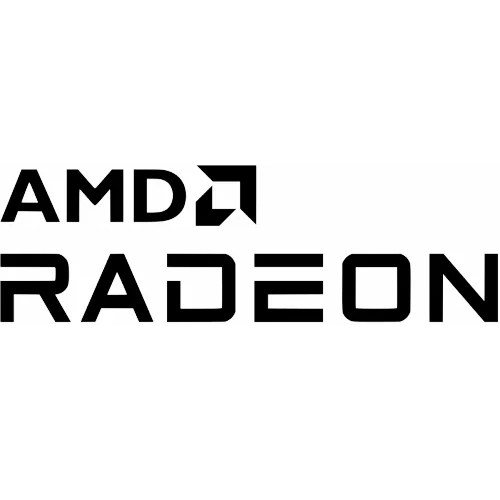AMD Sends Last Minute Fixes To Linux 6.0 For RDNA3 Graphics Cards

AMDGPU maintainer Alex Deucher sent in the last minute pull request of a set of fixes that are desired to get in before the Linux 6.0 release:
"Sorry, some last minute changes to deal with updated firmwares/bioses and board revisions containing new IPs added in this cycle. It required pulling in some cleanup patches for the RLC firmware handing, but they are only applied to GC 11 in this case. I figured that would be cleaner then a bunch of local fixes that would cause merge conflicts for -next, and time was getting short for 6.0. They are only applied to GC 11, so no chance of regression on existing asics."
From the sounds of it and based on past experiences, it's likely they are moving on from the RDNA3 engineering samples to now getting their hands on actual production RDNA3 graphics cards. Sometimes those initial batches of RDNA3 graphics cards intended for production have last minute vBIOS/firmware changes not expected by the driver during the early hardware enablement process and requires changes to accommodate. After all, the AMD RDNA3 announcement is coming up on 3 November.
RLC in this particular case is what was originally known as the "RunList Controller" and is a micro-controller of the GFX/compute block responsible for handling power management and related functionality. GC 11 is for the new "Graphics and Compute" GFX11 block of RDNA3 compared to RDNA1/RDNA2 at GFX10.
With AMD pursuing these last-minute patches for Linux 6.0, it does instill some hope/confidence that Linux 6.0 is otherwise in good shape for RDNA3 graphics. If they still had a lot of RDNA3 bring-up work to do, they would have likely just funneled these patches into DRM-Next for the imminent Linux 6.1 merge window but rather are aiming to have these bits into Linux 6.0 stable.
With their modern "block by block" enablement strategy rather than the past monolithic "colorful fishy" approach, it's more difficult to ascertain the exact support/version requirements for the unreleased graphics cards without knowing the specific IP block versions being used upcoming graphics cards. But with that, it looks like Linux 6.0 will hopefully be the baseline for the RDNA3 graphics cards set to be announced in November.
In the user-space Mesa side, there is initial GFX11 / RDNA3 support in Mesa 22.2 but more than likely gamers/enthusiasts will want to be using Mesa 22.3. The upcoming Mesa 22.3 seems like it will definitely be needed for RADV/ACO given more GFX11 work landing there recently but for RadeonSI presumably for more features and performance optimizations you'll want to be on Mesa 22.3-devel/Git, which in turn will be stable around December. But at least if Linux 6.0 has the necessary kernel bits in place that is a good sign with that stable release imminent and will allow time to work its way into rolling-release distributions like Arch Linux and even stable release updates to Fedora ahead of the November GPU launch. Plus there will be the yet-to-be-published AMDGPU firmware files needed from linux-firmware.git. On the RadeonSI side with the AMDGPU LLVM shader compiler back-end, initial GFX11 support is present there with the recently released LLVM 15.
6 Comments

